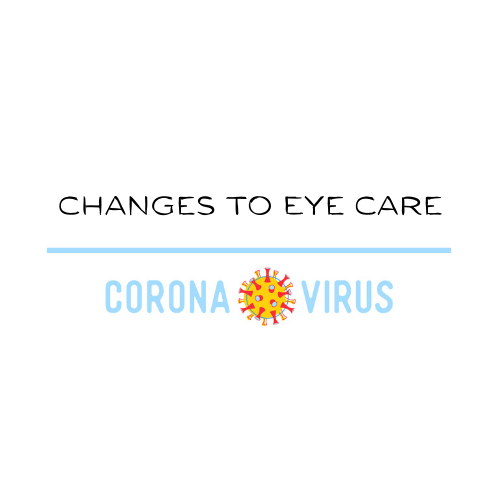COVID-19: Changes to Eye Care


On March 18, the American Academy of Ophthalmology advised all ophthalmologists to postpone routine eye exams and only see patients with urgent eye care needs.
Currently, some eye care clinics are preparing to restart seeing non-urgent patients by adhering to the federal guidelines for reopening.
Fully and safely reopening eye care facilities and clinics will be a slow and methodical process because every state and localities within those states will meet the reopening requirement at different times. The reopening requirement is based on new COVID-19 case rates, the availability of required PPE, and access to COVID-19 testing.
Please check with your doctor for specific recommendations and guidance.
What is Considered Urgent Eye Care?
Severe eye pain, changes in vision, new floaters, flashing lights, or partial blockage of vision are all examples of urgent eye care situations. Call your doctor immediately if you have any of those symptoms. Eye clinics have set up safety protocols that allow them to continue treating urgent eye care patients.
Most cataract surgeries are considered elective, but when a cataract patient is no longer able to drive, work, take their medications, or has an increased risk of falling, then cataract surgery is considered urgent care.
Eye care centers that are opening are using some of the following safety precautions for their urgent care patients who must come in for treatment:
- Screening questions about COVID-19 risk factors
- Everyone is required to wear masks
- Exam rooms and equipment disinfected after every patient
- Common areas disinfected multiple times a day
- Physical shields on equipment that protect patients and eye care providers
- Waiting room distancing
Routine Eye Care
Many eye care specialists are using virtual visits with patients that are conducted through computers and phones. This use of “telemedicine” lets eye care providers evaluate patients and prescribe treatments for common eye problems, or recommend that the patient have an in-office treatment if the situation is urgent. Medicare and Medicare now cover telemedicine consultations.
Telemedicine consultations are an effective way to evaluate and treat common, non-sight threatening eye issues while reducing exposure to COVID-19 for both the patient and eye care provider. In addition, telemedicine is making eye care for common eye problems more convenient and faster for patients.
